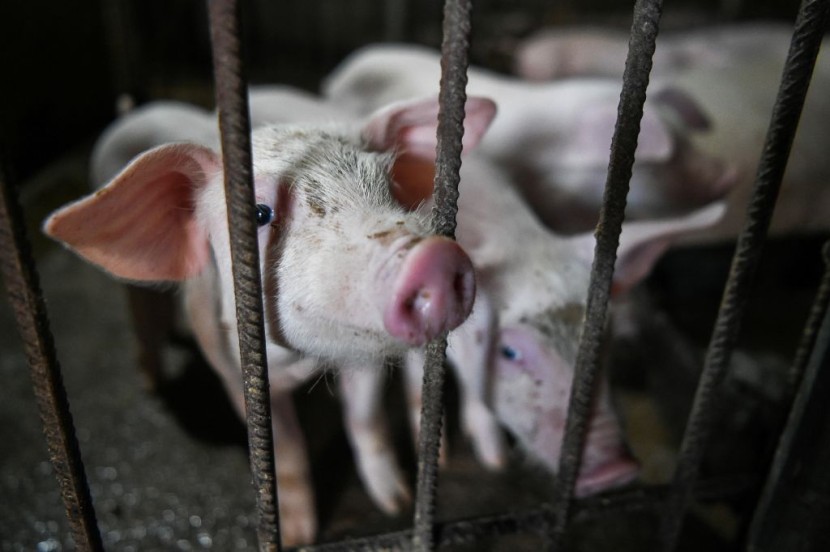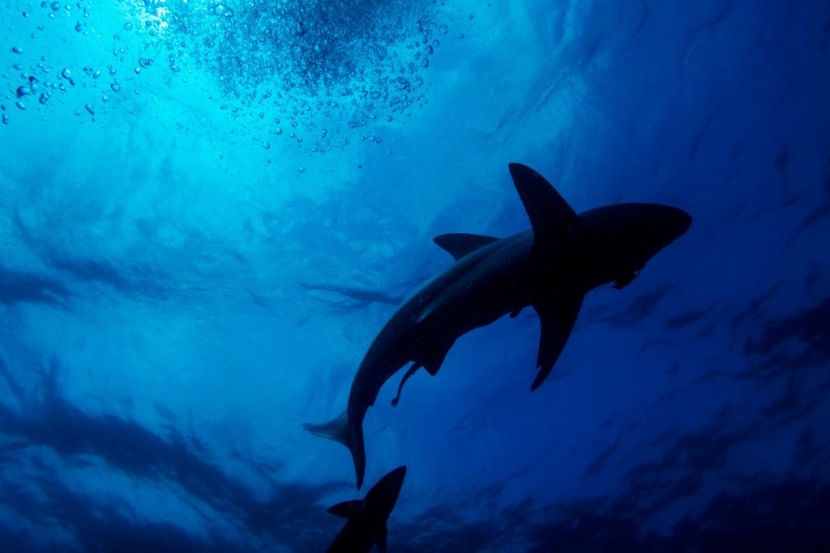Despite movies about sharks and other deadly animals, the world is already aware that humans are deadlier than other apex predators.

Now, for the first time ever, scientists finally share more specific figures showing human activities' deadly impacts on animals.
It turns out that humans are not only 50 or 100 times more harmful than sharks, but they are 300 times deadlier than great whites and other top predators in the animal kingdom.
Humans are 300x Deadlier Than Sharks!
According to BBC News' latest report, researchers of the U.K. Center for Ecology and Hydrology (UKCEH) revealed more specific details about humans' impact on animals.

Read Also : Scientists Discover Hydrothermal Vent Fields in the Atlantic Ocean That May Hold 'Building Blocks of Life'
"The size and scale of what we found surprised us," said Dr. Rob Cooke. "Humans have a breathtaking diversity of uses of animals but we need to move towards sustainable human-nature relationships across the globe," he added.
Dr. Cooke and other involved scientists analyzed data on around 50,000 wild animals, such as fish, amphibians, birds, mammals, and reptiles.
They focused on animals that are harvested by humans for medicines, clothing, food, and pet trades.
Their analysis revealed that over 14,600 species (a third of all vertebrates) are used or traded by people across the globe.
Researchers further stated that 39% of these species are being driven toward extinction.
This means that the overall impact of human activities on animals is 300 times more harmful than other apex predators.
The latest findings shared by UKCEH experts show that the negative impact of humans on other animals is bigger compared to any time in history.
How People Can Help
There's useless effort when it comes to helping reduce animal deaths caused by human activities.
You can either avoid purchasing clothing made from animal skins or furs.
Aside from this, people can also participate in or support conservation programs, such as wildlife reserves, national parks, etc.
But, the best thing you can do is avoid eating meat. Euro News reported that reducing your meat intake can save more than 100 animals every year.
© 2025 HNGN, All rights reserved. Do not reproduce without permission.








